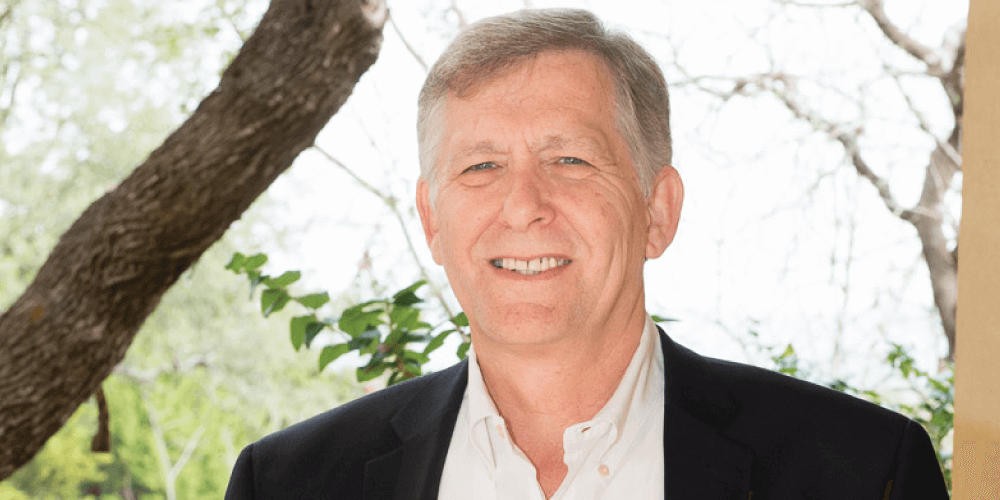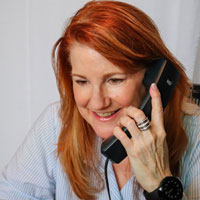
Feb 28, 2018
Steve Popovich | CEO / President | Clairvoyant Networks, LLC
I started working on the Theora Care™ products because the last decade of my career was in the healthcare space, and I saw that the aging in place market was exploding as our population aged. Long-term chronic illnesses is the bulk of the cost of healthcare and the biggest problem that needs to be solved. I’m not a genius, my family’s elders all introduced me to caregiving on a personal level.
Then we dove into it more, and we found conditions like memory care had no cost-effective technology solutions that were being applied, even though these conditions are much more common than I thought. It’s ironic because almost every other industry in the business sector has benefited greatly from technology changes in the last decades, but you look at caregiving for somebody with Alzheimer’s — it’s really no different today than it would’ve been 20 or 30 years ago. This is a crime in my mind because obviously caregivers have a limited amount of time and it’s a very stressful situation.
I thought, given my background, what if could I build a technology solution that would give family caregivers a way of understanding what’s happening without having to actually be there. If you mom lives alone, like mine, what’s happening with mom? I can’t be there all the time, but I surely could use a simple way of understanding when there may be some kind of involvement required.
But first I had to build the platform – so two years ago we began working on technology that would work for both businesses that are in elder care, and the family caregivers too. Clairvoyant Networks is the company that makes the platform and the Theora Care products. The way I look at Clairvoyant is it’s an umbrella technology business. Some of the technology that we’re developing, like ultra-wideband, would traditionally be used in a hospital, or other healthcare institution. What we’re done is actually take the same kind of scalable technology that is usable in the business environment and put some secret sauce in it to make it so that we can also put into a home environment economically.
I don’t know anybody else who has done that in this space. Most products are developed to solve one specific use, like a GPS tracking watch, and do not interoperate with other products. In our case, we’ve actually made it so that we can scale and grow our solution as the conditions progress.
The limited amount of products that are out there right now, like home automation devices, are not well suited for a lot of different use cases or situations for long term — either for the long-term caregivers with loved ones, or people who are living independently that have long-term illnesses.
It was a business opportunity and a personal opportunity.
What we’re doing about it
The technologies we’re launching have a few guiding principles behind them based on both our business experience and our personal caregiving experience.
Personal, direct involvement – we need to provide solutions that facilitate a personal, direct connection between the caregiver and the loved one. No third party call centers.
Relevant – most caregivers are introduced to caregiving by being thrown in the deep end. Any products we provide must be very relevant to caring for an elder and provide the caregiver with tangible value.
Affordable – many solutions in market today are very expensive because they are clinical solutions. By focusing on non-clinical technology we can bring it to market faster, better and less expensively.
Simple – the last thing any caregiver needs is a myriad of devices that don’t interoperate. Our solution has to be extremely simple to use, maintain and interact with.
Handle the different stages of a condition – elder care is a journey, with forward and backwards movement. Providing your loved one with their best day has many players from the family caregiver, to a hired caregiver, to senior living, and hospitals and skilled nursing facilities. Our solution has to be able to expand and contract with the needs of the family.
What we are doing differently
It’s this thing called “situational awareness”. It’s been used in business for deep IoT but has yet to surface in the elder care market. At it’s simplest, situational awareness is knowing how a loved on is doing and when they might need additional assistance. Situational awareness includes where they are, what their environment is like, if they doing their normal activities or if something different has happened and their behavior is different. Of course, situational awareness also requires the ability to communicate directly with your loved one if you need to. Theora Care can monitor both your loved one, and their environment so that you can keep on top of things from across the hall or across the country. With Theora Care, caregivers have not only information about their loved one, but we put it in context – is is a different behavior? Does it mean a new condition may be brewing? It’s being able to see it, and understand it that makes our applications so powerful.
It’s also a benefit to the loved one. As much as they love you, they may want their independence and not have you hovering around. Or they just may not want to bother you or alarm you, so they won’t mention things. Either way, Theora Care can tell you what’s going on, as if you were there.
We will be sharing our caregivers’ successes and stories as we go on. But for now, we are launching simple, useful technology solutions that we believe will lower the cost of healthcare, deliver better outcomes, and keep caregivers from burning out. We are excited to be launching – these products are just the beginning of more to come!

